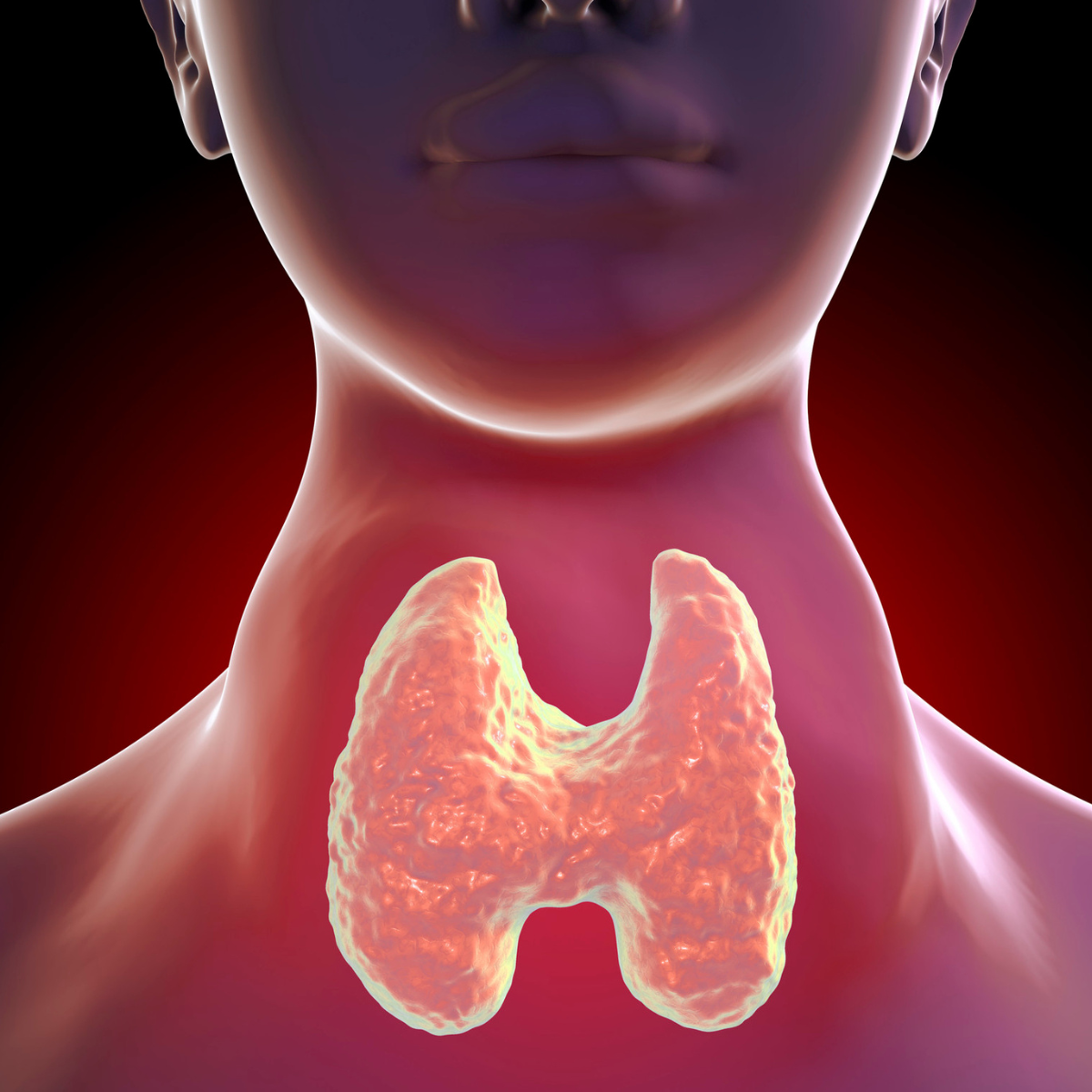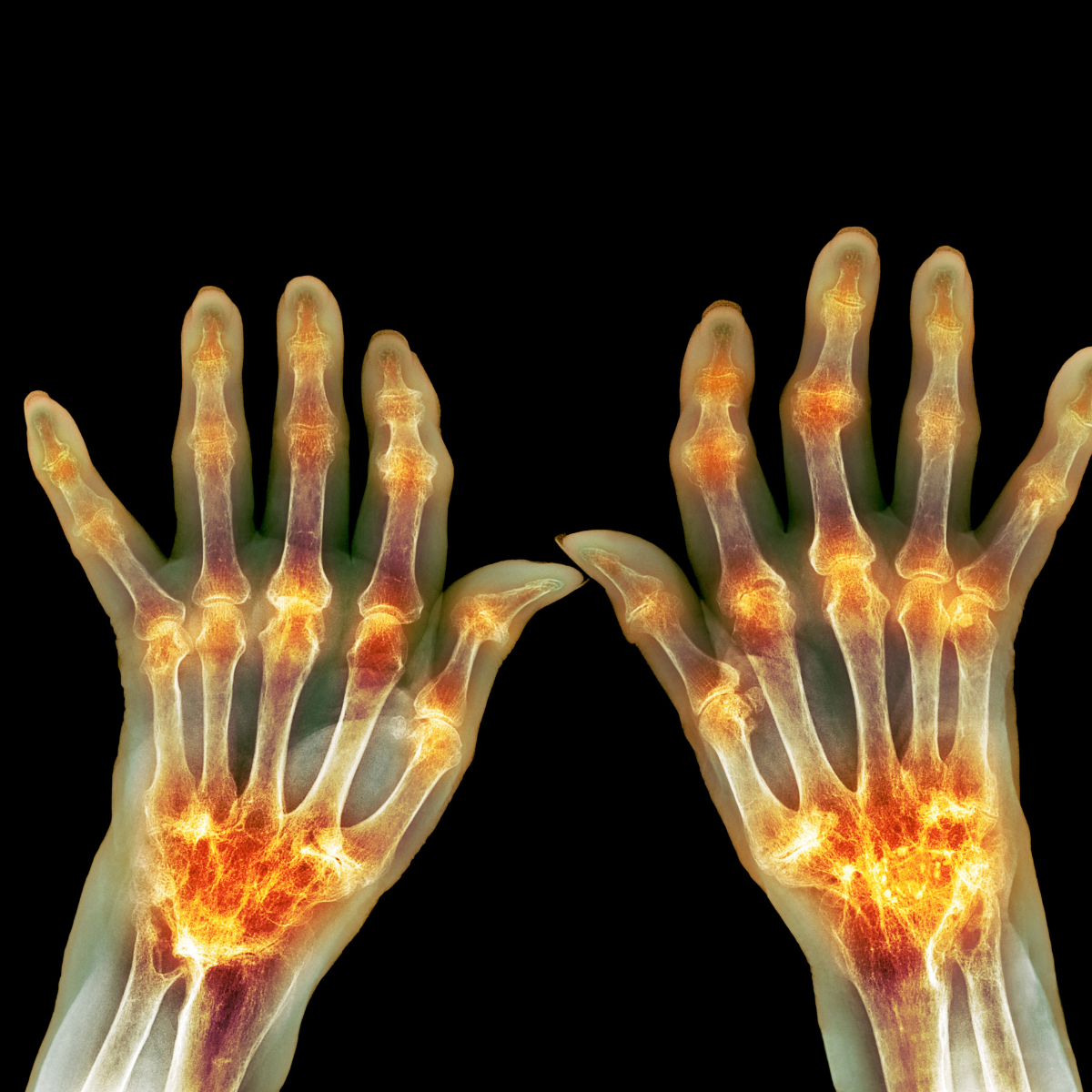
Hyperthyroidism
🧠 What Is Hyperthyroidism & What Happens Inside the Body?
Hyperthyroidism is a condition where the thyroid gland overproduces thyroid hormones, which speeds up the body’s metabolism. Dr. Umesh Vadwani often compares the thyroid to a car engine: when it runs too fast, the body starts to burn fuel (energy) more quickly, leading to symptoms like weight loss, anxiety, and a racing heart. This condition can cause a variety of disturbances in the body’s normal functioning, resulting in heightened energy expenditure and an imbalance in metabolic processes.
🧬 Disease Progression:
-
Mild Hyperthyroidism: Slight elevation in thyroid hormone levels with minor symptoms.
-
Moderate Hyperthyroidism: Noticeable symptoms like weight loss, anxiety, and fatigue start to appear.
-
Severe Hyperthyroidism: Increased risk of heart problems, muscle weakness, and bone loss.
🔍 Common Root Causes:
-
Graves' Disease: An autoimmune disorder that causes the thyroid to become overactive.
-
Thyroid Nodules: Abnormal growth in the thyroid that can produce excess hormones.
-
Thyroiditis: Inflammation of the thyroid gland, which can lead to temporary overproduction of thyroid hormones.
-
Excessive Iodine Intake: Consuming too much iodine can stimulate the thyroid to produce more hormones.
📊 Prevalence:
Hyperthyroidism affects about 1-2% of the population, with a higher prevalence in women, especially in middle age. It is also common among individuals with a family history of thyroid disorders.
🚨 Signs & Symptoms
Hyperthyroidism presents with a range of symptoms that can often be overlooked, especially in the early stages. Common signs include:
-
Unexplained weight loss
-
Increased heart rate (tachycardia)
-
Anxiety or irritability
-
Excessive sweating
-
Fatigue and muscle weakness
-
Sleep disturbances (insomnia)
-
Hand tremors
-
Heat intolerance
Note: Symptoms can vary from person to person, and not all individuals may experience every symptom.
🥗 Nutritional Approach to Management
Managing hyperthyroidism requires a balanced, nutrient-rich diet alongside medical treatment. Dr. Vadwani emphasizes the importance of supporting thyroid function through proper nutrition and lifestyle changes.
🧂 Core Dietary Focus:
-
Anti-inflammatory Foods: Include omega-3 rich foods like salmon and flaxseeds to reduce inflammation.
-
High-Antioxidant Foods: Berries, green leafy vegetables, and nuts help combat oxidative stress,
-
Low Glycemic Foods: Foods that don't spike blood sugar levels, such as whole grains, help stabilize energy and support metabolism.
✅ Foods to Include:
-
Fresh fruits and vegetables (especially leafy greens and berries)
-
Whole grains like quinoa, oats, and brown rice
-
Lean proteins such as fish, tofu, and legumes
-
Healthy fats like olive oil, avocado, and nuts
⚠️ Foods to Limit (Not Eliminate):
-
Caffeine: Excessive caffeine intake can worsen symptoms like anxiety and insomnia.
-
Processed Foods: These can increase inflammation and worsen thyroid imbalance.
-
Iodine-rich foods: Excessive iodine (found in iodized salt and certain sea foods) should be consumed in moderation as it can overstimulate the thyroid.
Remember, moderation is key. Tailor your food choices to your body’s needs rather than strictly avoiding certain foods.
💊 Key Nutrients to Focus On
For individuals with hyperthyroidism, it's essential to focus on replenishing key nutrients:
-
Vitamin D: Helps regulate immune function and supports bone health.
-
Magnesium: Important for muscle function and to counteract symptoms like muscle weakness and cramps.
-
Selenium: Helps balance thyroid hormone production and supports the immune system.
-
Omega-3 Fatty Acids: Reduces inflammation and supports cardiovascular health, especially important due to the strain hyperthyroidism places on the heart.
-
Vitamin B12: Essential for energy metabolism and combating fatigue.
Consult a healthcare professional before starting any supplementation to ensure proper doses and avoid interactions with other treatments.
🧘 Lifestyle Recommendations
Lifestyle modifications play a crucial role in managing hyperthyroidism. Dr. Vadwani emphasizes the importance of balance and regular monitoring.
🏃 Movement:
-
Regular Exercise: Engage in moderate physical activity such as walking, swimming, or yoga to support metabolism and improve heart health.
-
Strength Training: Helps maintain muscle mass and prevent the muscle weakness often associated with hyperthyroidism.
😴 Sleep Hygiene:
-
Aim for 7-9 hours of quality sleep each night.
-
Establish a consistent sleep routine and minimize disruptions (e.g., limiting screen time before bed).
🧘 Stress Management:
-
Practice stress-reduction techniques such as deep breathing, mindfulness, or yoga to lower cortisol levels and support overall well-being.
-
Engage in hobbies that bring joy and relaxation, reducing the impact of anxiety and irritability.
📈 Monitoring & Tracking
Monitoring is essential for assessing the effectiveness of interventions and detecting any potential complications.
🩺 Relevant Lab Markers:
-
TSH (Thyroid Stimulating Hormone): Used to assess thyroid activity and determine if treatment is necessary.
-
Free T4 and T3 Levels: To measure thyroid hormone production.
-
Heart Rate: Increased heart rate is a common symptom of hyperthyroidism.
-
Ultrasound: To detect thyroid nodules or inflammation.
📓 Body Signals to Monitor:
-
Changes in energy levels and mood.
-
Heart rate and blood pressure.
-
Sleep quality and appetite changes.
-
Keep track of any new symptoms or discomfort in a journal to identify patterns.
📞 Take the Next Step
If you're experiencing symptoms of hyperthyroidism or have been diagnosed with the condition, consider consulting Dr. Umesh Vadwani and his team for a personalized treatment plan.
What to Expect from the Consultation:
-
A thorough assessment of your thyroid health.
-
Tailored dietary and lifestyle recommendations.
-
A discussion about medical treatments, such as antithyroid drugs or surgery.
-
Ongoing monitoring to track progress and adjust the treatment plan as needed.
📅Click here to Book your free 30-minute consultation
🎥 Learn More
For a deeper understanding of Hyperthyroidism, watch Dr. Umesh Vadwani’s detailed explanations in these videos:











